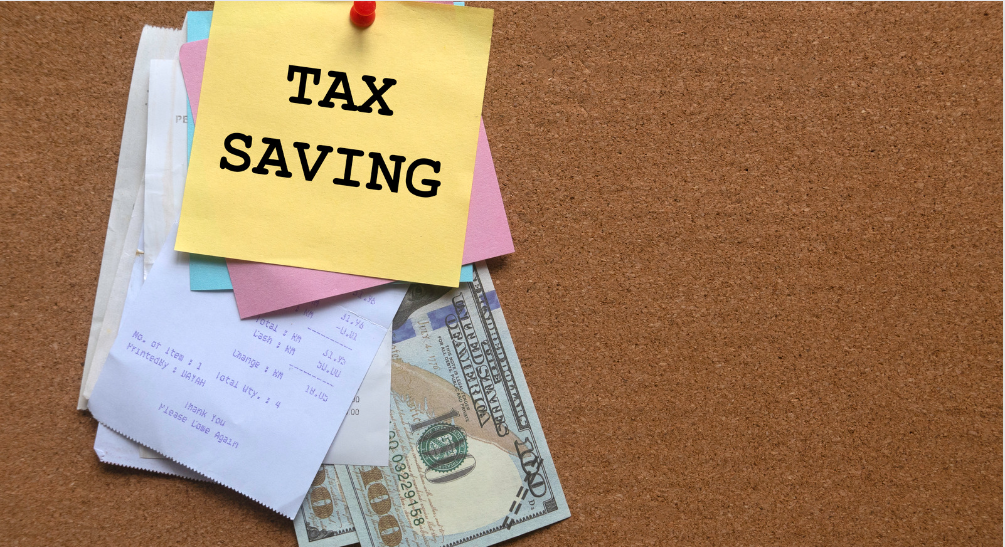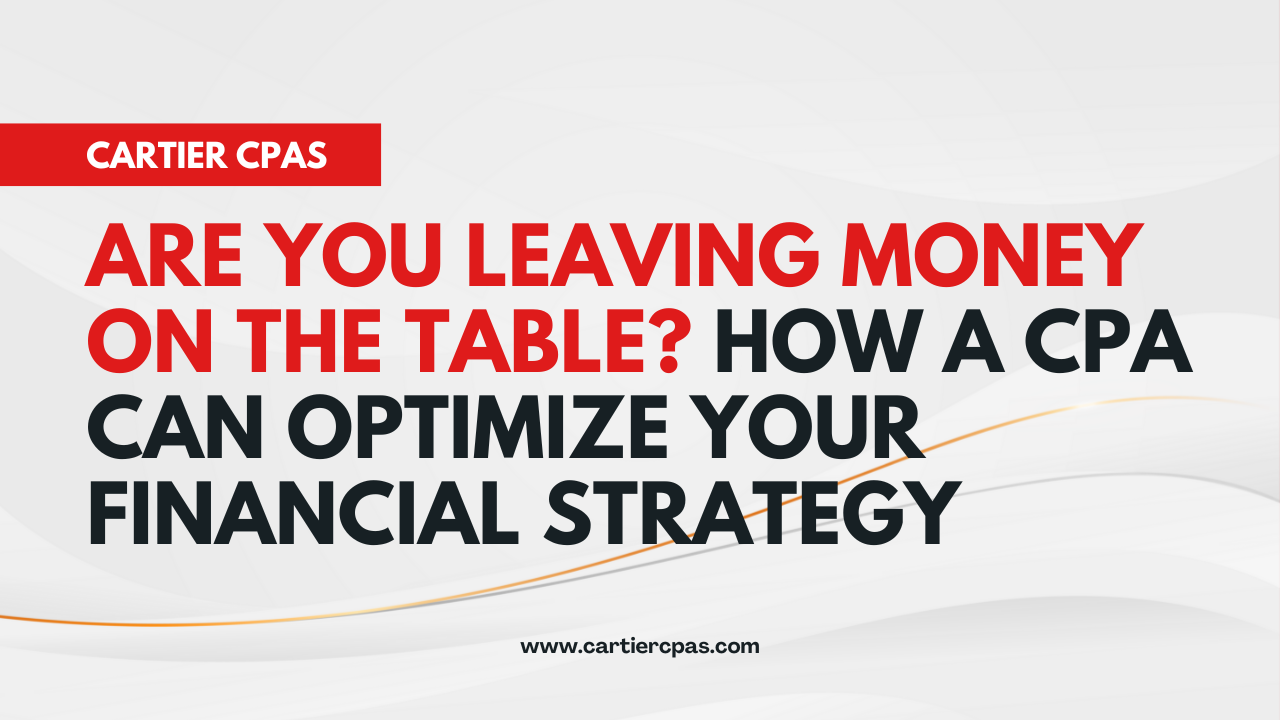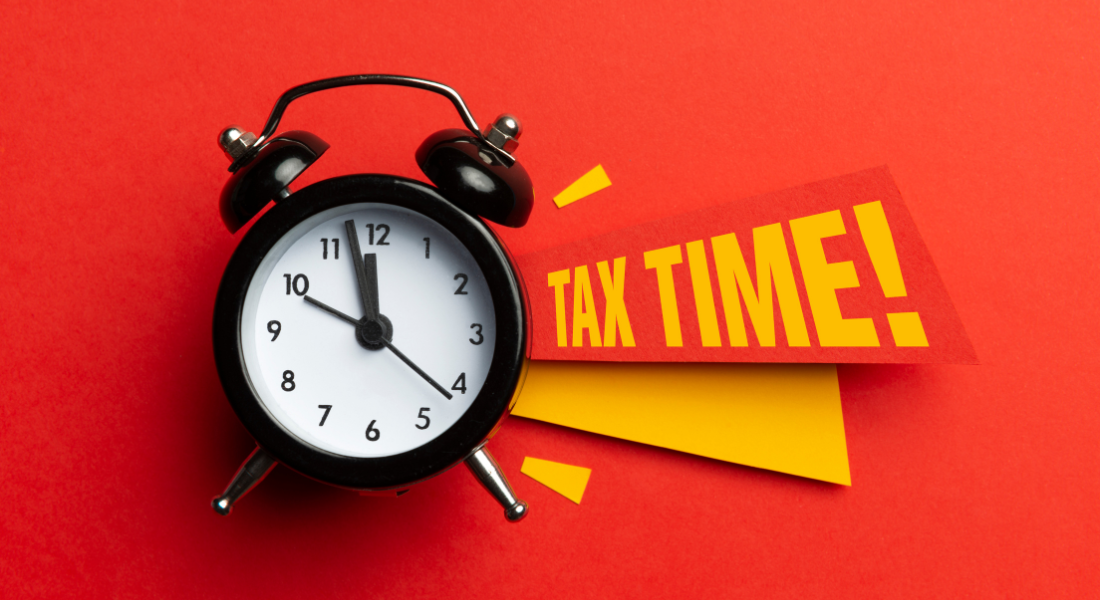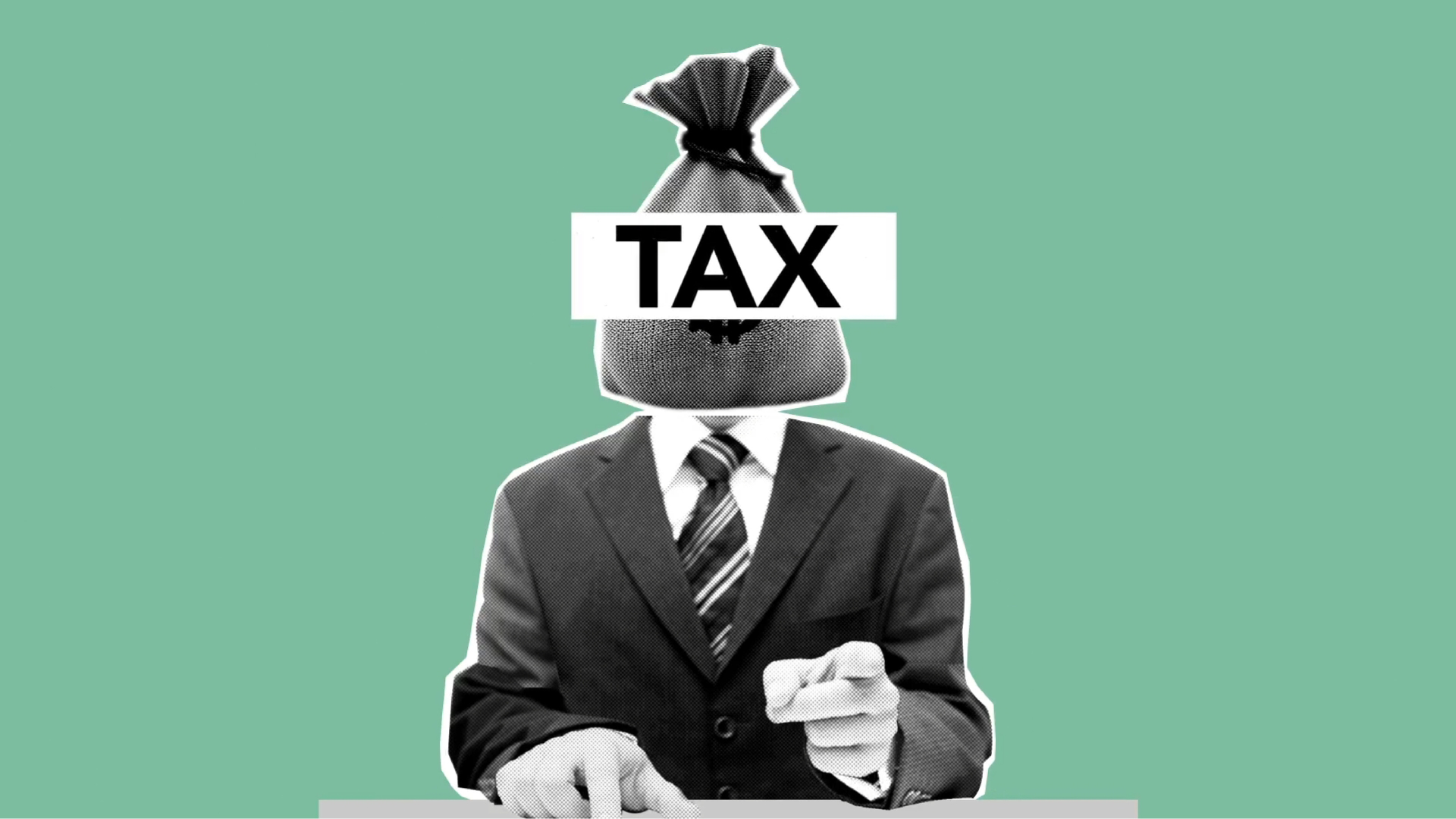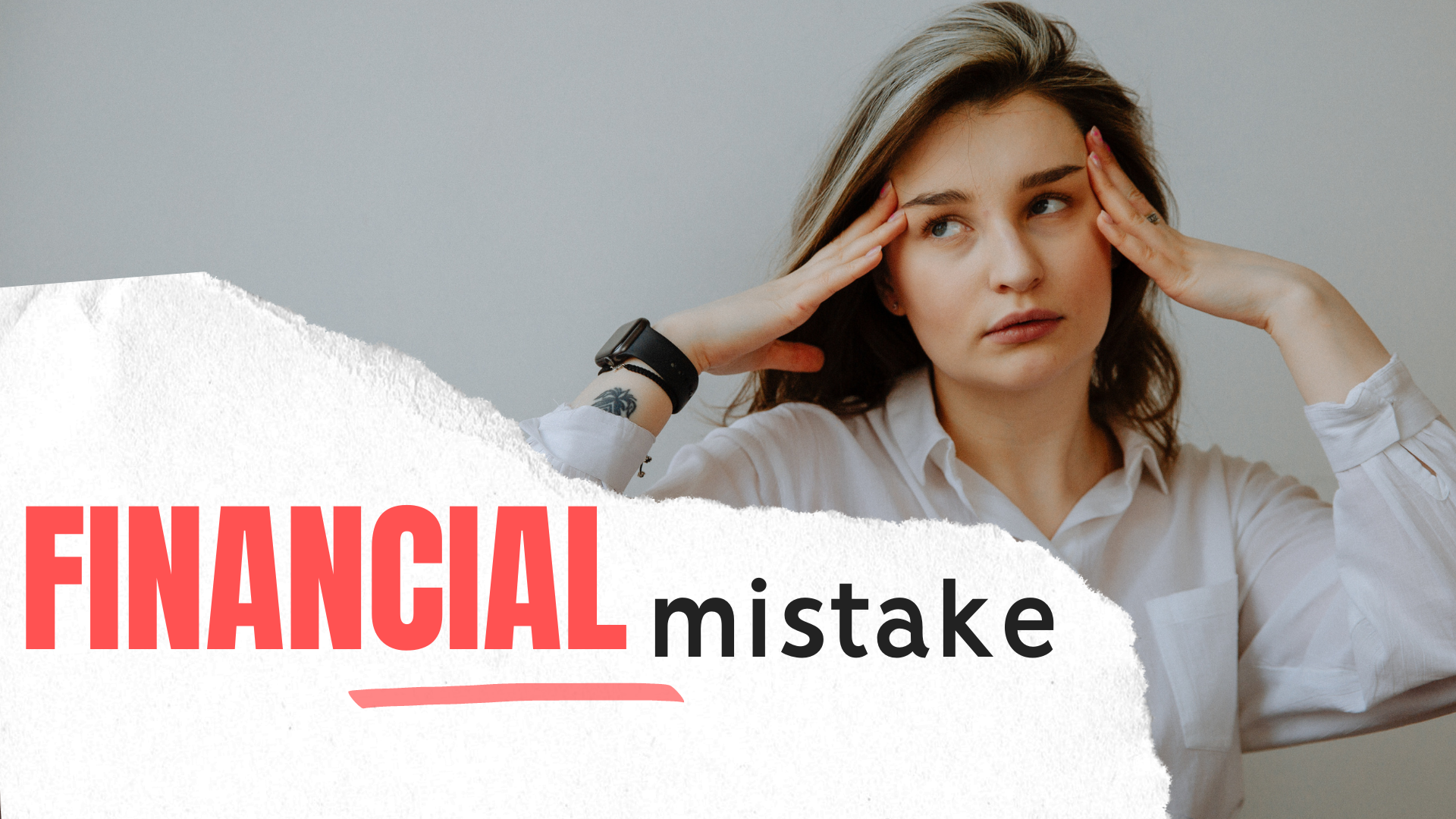5 Tax Tips When Selling Your Home
September 14, 2019

If you own a house then it is important to know how selling your home might impact your taxes. You need to consider this before making your decision to sell your home. Following are some tips which will help you in selling your home and filling your taxes.
5 Tax Tips When Selling Your Home
- You may qualify for a reduced exclusion. The total profit might not be subjected to exclusion but some portion of it may be still tax-free. For instance, if you only lived in the house for one year before you decided to sell it then you won't pass the residency test stating that you need to stay in the house for 2 out of 5 years. A reduced exclusion will be available if you sold your house for one of the following reasons, a change of health, A change of employment, A divorce or multiple babies from a single pregnancy.
- Not all home sales need to be reported on your tax return. You can sign an affidavit when you sell your home, stating that you haven't received any taxable gain from this sale. This will allow the closing agent to avoid sending the Form 1099-S and proceeds from your Real Estate Transactions to the IRS. This will, in turn, allow you to not report the sale of your house on your tax return.
- If you live in two homes, only one is eligible to exclude from your income. The gain from the sale of only your main house can be excluded. This implies the home you live in the most during the year. Your main house is where you receive your mail, the same home address is listed on your billing companies and your identification. This address is also the one which is used for banking and becoming a member of religious organizations or other clubs.
- If you didn’t live at the home, you may have to pay tax on your gain. If your house value has appreciated when you weren’t living in it then part of the gain may be subjected to taxes. For instance, if the property was used as a rental house then you can’t exclude any gain from your taxable income starting at the time when you rented it. For determining the amount of gain which can’t be excluded, you need to assume that the property has evenly appreciated while it was under your ownership.
- You can choose not to exclude the gain from a sale. If within two years you are expecting to sell another primary home then you may want to consider claiming the gain on the sale of your current home rather than excluding it. Exclusion on the sale of your main home can only be claimed by you once every two years. It may be better to claim the current gain as income depending on the circumstances of your sale. You can then use exclusion when you sell your main home in the future.
The Takeaway
Contact us
today, at Cartier CPA's
our goal is to provide clients with the highest level of respect and quality of service.


